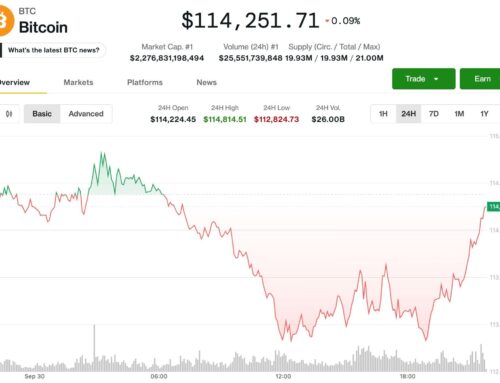Energy secretary’s serves unnecessary heat for renewable energy pitch
September 30, 2025
Indiana Energy Secretary Suzanne Jaworowski is right about one thing: Counties that slam the door on renewable energy projects risk giving the state a black eye.
Speaking Sept. 16 at the Indiana Fiscal Policy Institute, Jaworowski blasted the shortsightedness of local leaders in energy projects and their impact on economic development. Moratoriums are temporary bans local governments use to pause new wind or solar projects. In practice, though, they often stretch for years and have an adverse effect on the state’s reputation.
“These local moratoriums are setting our energy policy,” she said. “And not only that, it’s creating a reputation … where industry doesn’t want to come.”
It’s a bitter truth. When wind farms or solar fields are blocked not by genuine community debate but by campaigns that look more like astroturf than grassroots, the result is lost opportunity. Developers invest years and millions of dollars only to see projects collapse at the eleventh hour. That instability signals to industries scouting for reliable partners: Look elsewhere.
But Jaworowski undercuts her own case by framing the issue as patriotism vs. disloyalty.
“If you’re a patriotic community,” she told a recent forum, “you’ll stand up and show some unity.”
That’s not helpful. Indiana doesn’t need another litmus test of American loyalty. Suggesting that hosting a wind turbine or solar farm is patriotic does more to divide than persuade.
Indiana does need to modernize its energy policy. The current system too often produces inconsistency, frustration and, as Jaworowski points out, reputational harm.
The question is whether thinking has changed to the point that local autonomy is now not an impediment, but traitorous when it collides with state strategy. That tension deserves a more thoughtful discussion than simply branding opponents unpatriotic.
Indiana should encourage renewable energy because it’s the right economic and environmental move. Reliable, affordable power is a prerequisite for attracting advanced manufacturers and high-tech jobs. That means wind, solar and eventually nuclear power in the form of small reactors must play larger roles alongside a managed transition from coal, a move that should have happened a decade ago.
Energy policy is too important to be reduced to patriotic posturing. What Indiana needs is leadership that marries long-term vision with respect for the communities asked to share in the change. Gov. Mike Braun’s administration should develop a stronger sales pitch rather than rely on Jaworowski using a verbal sledgehammer.
Search
RECENT PRESS RELEASES
Related Post




